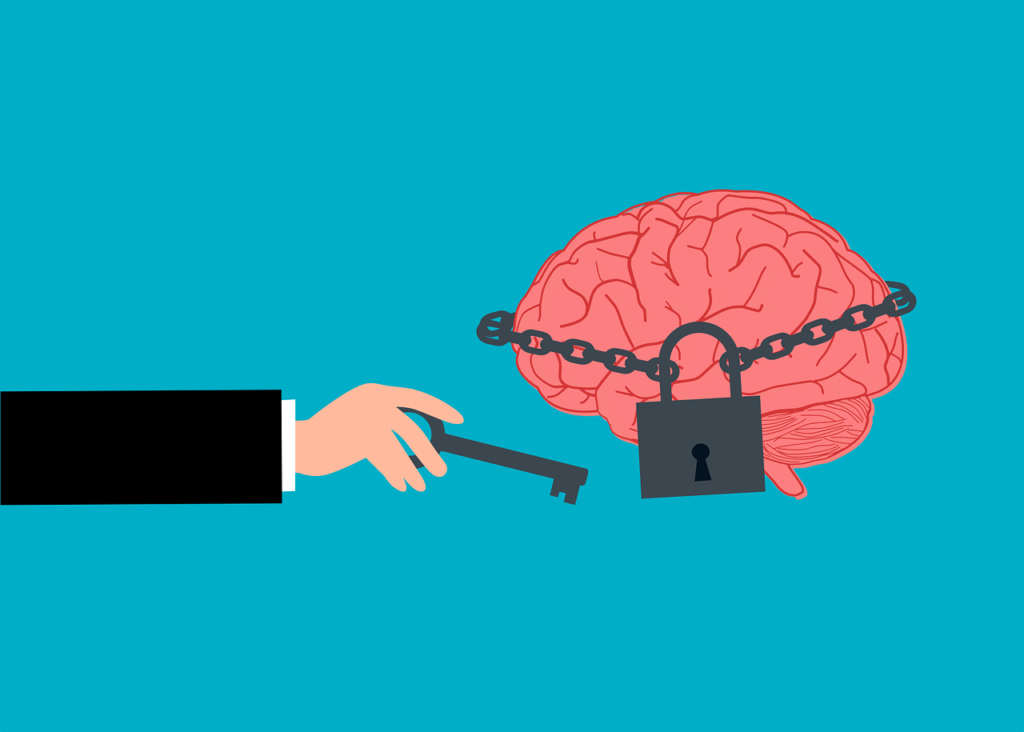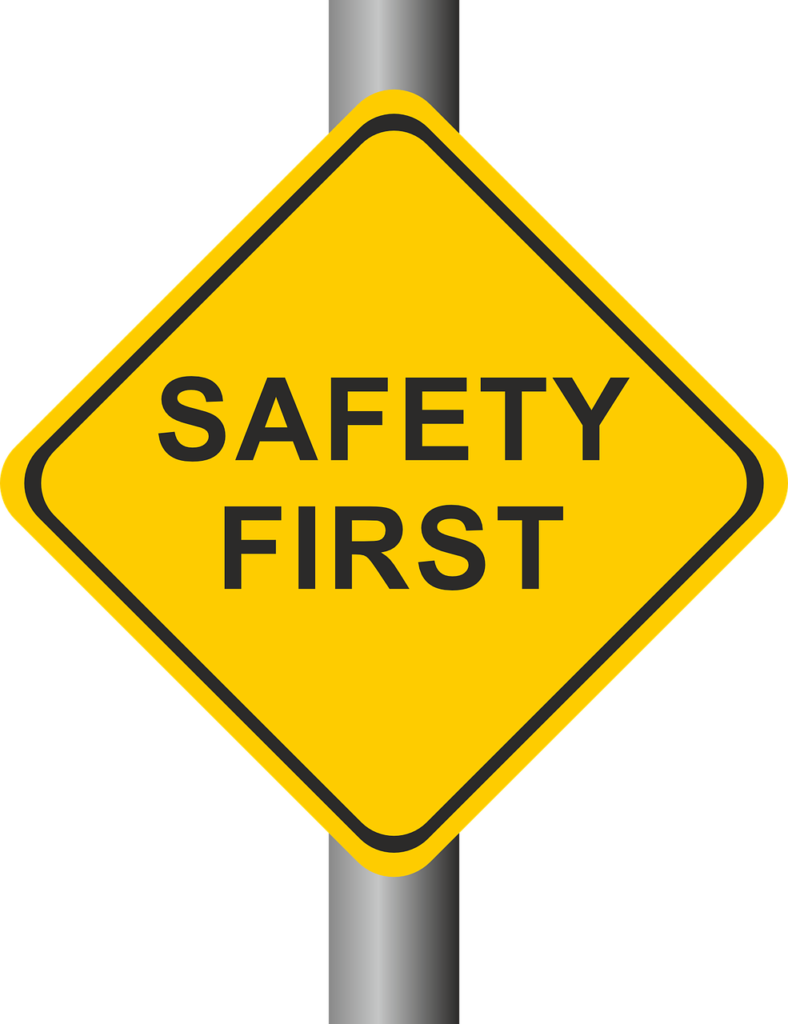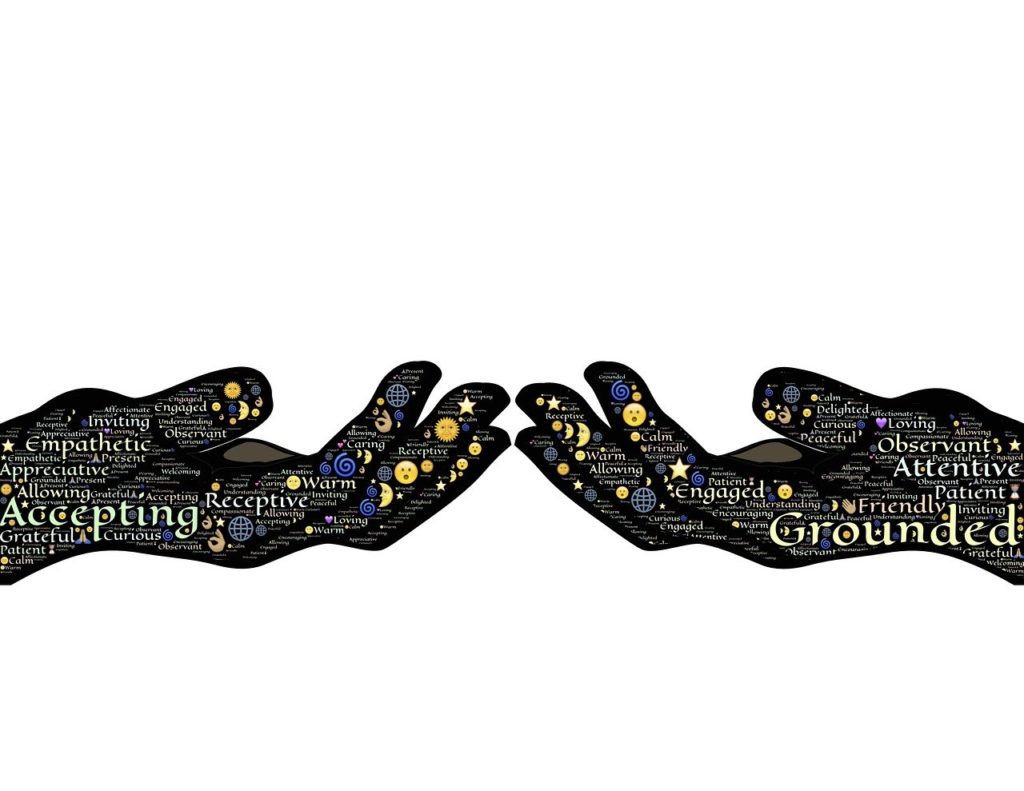You made a decision about starting your healing after trauma and then what? Do you know how to begin and be able to monitor your progress? What is the best mindset? How can you help yourself when things go pear-shaped? Lots of unknowns! Therefore, here’s a rough guide on the recovery process.

1/ Establishing safety.
In this particular phase you need to focus on your symptoms and then learn about healthy ways of dealing with them. First of all, write down all the current issues you are experiencing e.g., anxiety, self-esteem, relationships, etc. After that focus on how you are aiding yourself: self-care, ways of relaxing, current coping strategies (whether healthy or not – write it down, please do not judge, as these tools allowed you to survive up until now, so do not demonise them).
Now is the time to do the research, be creative and immerse yourself in various methods that can assist you with your current symptoms. Internet is full of brilliant ideas, but my professional recommendations are books plus YouTube lectures as well as exercises by Peter Levine and somatic experiencing, Bessel van der Kolk, Janine Fischer, Gabor Mate, Daniel Siegel, Richard Schwartz, Deb Dana and many more that you will discover on your own healing journey. The stage of educating yourself, understanding your symptoms, making sure you are proactive with self-care – this is the start of the recovery. Two rules to apply to each phase are:
- Do not be afraid to make mistakes – you learn from them, it is a fountain of wisdom, only those who do nothing make no errors.
- Be kind – I know – such a cliché! However, I am not talking about buying yourself a new piece of clothing or ordering a takeaway. Stop judging yourself – try to understand your patterns and actively work on changing the old habits and when you do fall off the wagon – come back to it the next day without unnecessary criticism. That is a genuine kindness!

2/ Processing emotions.
This is a tough stage. It requires a good deal of working with your awareness plus potentially you might want to begin the therapy with a professional. The choice is yours, however just be mindful of the fact that trauma most of the time happens due to the abuse of another human, so healing in the presence of the safe other (therapist) is invaluable.
Start observing your feelings, notice how they begin within your body, learn how to name the emotions which arise, see how those feelings impact your thoughts and then behaviours. It is plenty to study, observe, notice and take in – a learning adult can be very impatient, so be aware of it and do not give up if you do not see the immediate results. Damage took a great deal of time, hence why healing would be any faster? What does help at this particular stage:
- Learning about your triggers,
- Naming and connecting your body sensations with emotions, thoughts and behaviours,
- Noticing the roles, you are playing in the relationships (adult, parent, child or abuser, victim, rescuer, check Karpman Drama Triangle and Transactional Analysis)
- Establishing your boundaries when considering what roles, you tend to fall into,
- Getting to know your needs and be consistent in fulfilling them,
- Knowing when and with whom you feel safe and when and with whom threatened,
- Acknowledging the difference between what did you normalise as security and what is the actual safety.

3/ Integration.
None of the stages of the recovery are linear – you might be coming back and forth between the first, second and third. This is all normal and to be expected. What is crucial though, is to keep going nonetheless. When you start the third phase you might begin:
- feeling that it takes you longer to be triggered and being able to navigate it,
- understanding your feelings and manage to be compassionate towards self,
- acknowledging your patterns and roles when interacting with others,
- being aware of your needs in the relationships and outside of them,
- noticing and observing instead of going straight into assumptions.
Basically, you are changing into a whole new person, less reactive, more proactive and observant. It can be scary and nerve-wracking to suddenly wake up to a different version of you, however just remember it is still YOU. The YOU was there before the abuse and trauma happened, it was there during the recovery and it is with you now. Appreciate it!
Did you like this post? Share it! https://www.facebook.com/, Instagram, https://twitter.com/ .